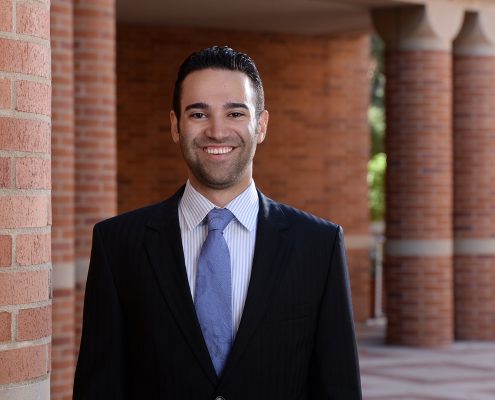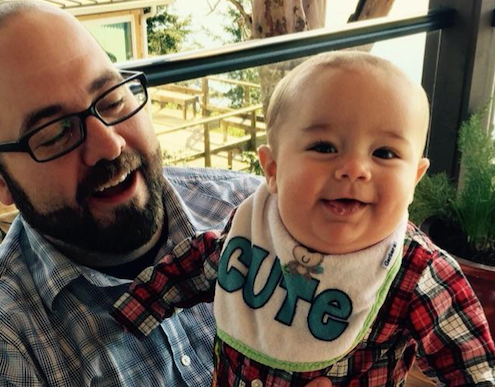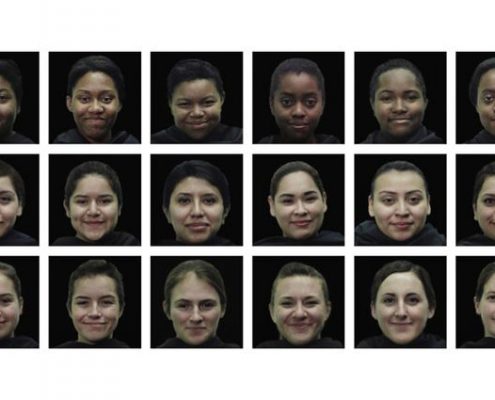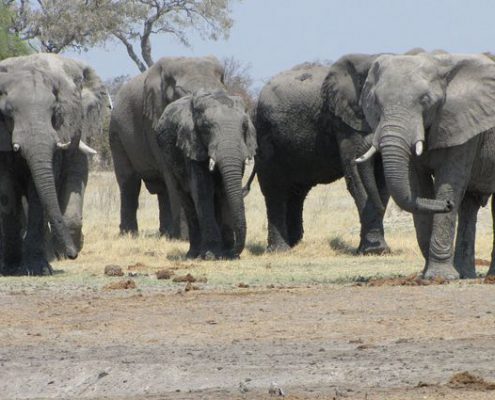Tag Archive for: UCLA Life Sciences

UCLA biologists slow aging, extend lifespan of fruit flies
UCLA biologists have developed an intervention that serves as…

Where Are They Now: Bryan Pezeshki
Co-founder of Swipe Out Hunger and proud Bruin Bryan Pezeshki…

Where Are They Now: Andrew Nicholls
The Spring 2013 issue of the College Report magazine featured…

UCLA faculty voice: Oroville Dam shows urgent need for climate adaptation
The crisis at Oroville Dam should be a wake-up call to those…

Become a citizen scientist and help preserve California’s biodiversity
Would you like to become a volunteer citizen scientist helping…

Chilling climate revelations from the last ice age
About 14,000 years ago, the southwest United States was lush…

Infants show apparent awareness of ethnic differences, UCLA psychologists report
Infants less than a year old, who have yet to learn language,…

UCLA students get a big kick out of being ‘Big Bang’ scholars
As five UCLA freshmen settled onto a bus Thursday that would…

Preventing mass extinctions of big mammals will require immediate action
Preventing the extinction of gorillas, rhinoceroses, elephants,…

Los Angeles is a metropolitan den for mountain lions
Los Angeles is one of only two megacities — Mumbai, India,…

